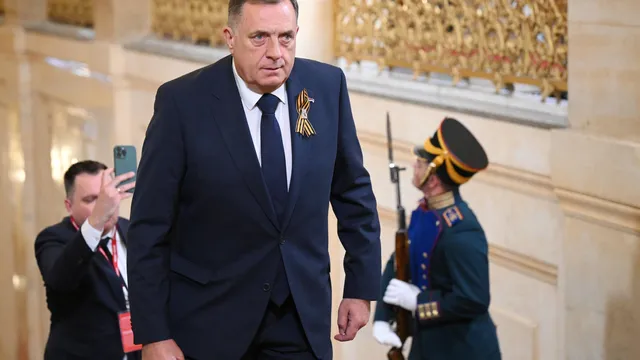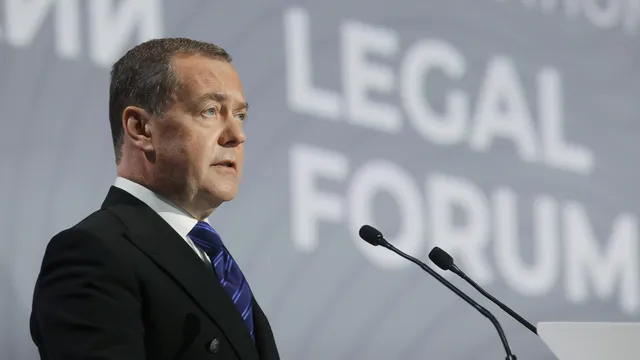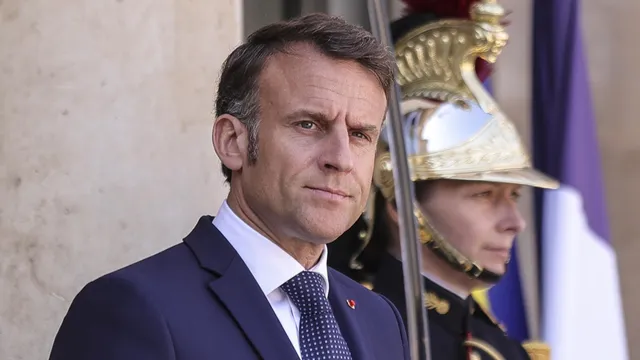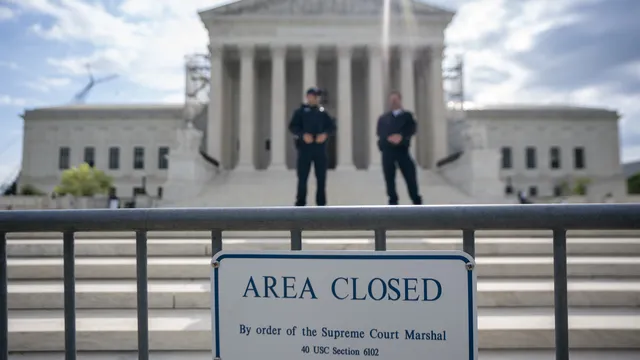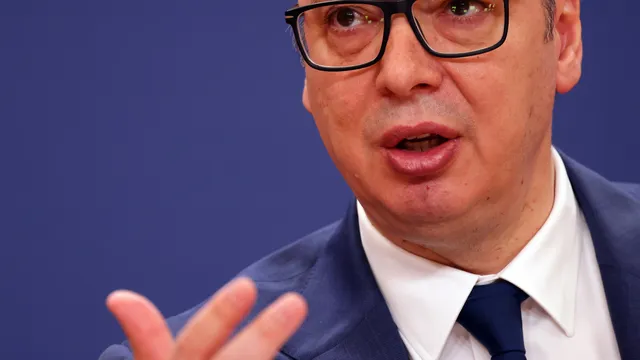At the same time, his accomplice Miloš Lukić, former acting director of the Official Gazette of the Republika Srpska, was acquitted of the charges against him.
This second instance decision confirms the first instance decision of February 26 this year. Milorad Dodik was convicted of disregarding the decisions of High Representative Christian Schmidt by continuing the legislative process in the Republika Srpska despite its suspension. In August 2023, Dodik signed a decree on the laws adopted by the RS National Assembly, stating that the decisions of the High Representative in Bosnia and Herzegovina would not be published in the Official Gazette of the Republika Srpska, nor would they be implemented.
Although the legal consequences of the conviction should apply automatically, in particular the termination of official functions, the latest statements by the person concerned raise questions. In a television address, Milorad Dodik stated that he did not accept this decision, "orchestrated by the European Union," and accused the court of Bosnia and Herzegovina of being a "political court," arguing that the verdict was "the result of the political will of Sarajevo and Muslim political structures." According to him, this is a "coordinated brutal attack against Serbia and the Republika Srpska," and Christian Schmid has no legitimacy to make such decisions.
"The people of the Republika Srpska must remain calm and unite behind our institutions. No one can override the will of the people. The Republika Srpska has the strength to respond with political means, because if it does not, it faces great danger," Dodik wrote in H.
He can count on his traditional supporters, led by the Russian embassy in Bosnia and Herzegovina, which immediately labeled Christian Schmidt a "usurper," repeating the argument that the court decision was politicized and could lead to "possible political destabilization" of the country. Another ally of the President of the Republika Srpska, Hungarian Prime Minister Viktor Orbán, said that "there is no place for witch hunts in a democracy."
Serbian President Aleksandar Vučić also reacted sharply to the decision of the Bosnia and Herzegovina Court of Appeal, stating that Serbia was under strong pressure from the international community following the confirmation of the verdict on August 1. The Dodik case was included on the agenda of the Serbian National Security Council on August 2. Aleksandar Vučić spoke on the phone with French President Emmanuel Macron, who reiterated that France was "committed to the stability of the Western Balkans," but also "to the stability, unity, and sovereignty of Bosnia and Herzegovina."
In Croatia, Minister of Foreign and European Affairs Gordan Grlić Radman said that his country would respect the decision and continue to advocate "for the preservation of peace, institutional stability, and the Euro-Atlantic perspective of Bosnia and Herzegovina."
In Bosnia and Herzegovina, various political parties and elected representatives from all camps welcomed the decision, seeing the final ruling as proof that the country has functioning institutions that guarantee the protection of the constitutional order, legal certainty, and the rule of law. However, the question of the implementation of the verdict remains. Rejecting the final decision and still not recognizing the authority of Christian Schmidt and state institutions, Milorad Dodik maintains his position and announces a possible response.
"I will continue to perform my duties while awaiting the opinion of the National Assembly and the institutions [of the Republika Srpska, ed.], with a plan to continue our actions," he said. Milorad Dodik also specified that he would be able to remain chairman of his party, the Alliance of Independent Social Democrats, and announced that he would run in the elections after the expiry of this ban, if necessary.
Now only the Election Commission of Bosnia and Herzegovina can decide on the possible removal of Milorad Dodik, although the law stipulates that any person sentenced to six months or more of imprisonment automatically loses their mandate. However, the procedure may take several weeks before it takes effect. The absence of an election commission in the Republika Srpska is preventing the organization of new elections to replace Dodik.
Milorad Dodik and his lawyer Goran Bubic will appeal to the Constitutional Court. According to the lawyer, an appeal to the Constitutional Court is a prerequisite for then turning to the European Court of Human Rights. As for the prison sentence, Milorad Dodik may be invited not to serve his sentence but to pay a fine within 30 days, as provided by law, amounting to approximately €18,000. I BGNES

 Breaking news
Breaking news
 Europe
Europe
 Bulgaria
Bulgaria
